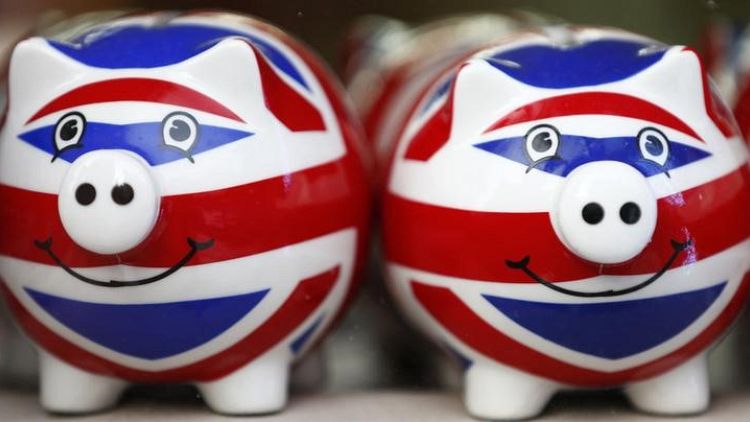LONDON (Reuters) - Banks and brokers must improve how they report suspicious market transactions, particularly in bonds and commodities, Britain's financial watchdog said on Wednesday.
Financial firms are required to tell the regulator about any suspicious transactions or orders, known as STORs, that could be attempts to manipulate a market.
But the bulk of such reports are still focused on the stock market, the watchdog said.
"Whilst we have seen some progress in relation to fixed income and commodity STORs, we think, that the total number of STORs received in both of these areas remains low," Julia Hoggett, the FCA's director of market oversight, told an industry conference.
This suggests that firms with a significant presence in these two markets need to do more to detect suspicious activity, she said.
"This is where we will continue to focus our supervisory attention and I would argue we still have quite a lot of work to do here," Hoggett said.
There was also a need for individuals at firms to be more careful about how they treat market-moving information.
"We are equally concerned about the risk posed by senior or extremely senior members of staff, who have the most access to information," Hoggett said.
"These are the people who are much more likely to meet with senior investors and the people much more likely to be allowed to speak with journalists."
The bulk of financial rules in Britain come from the European Union, which the country is due to leave next month.
The rules have been put into UK law and Hoggett said it was important that the quality of controls for tackling market abuses remains robust after Brexit.
(Reporting by Huw Jones; editing by David Evans)



